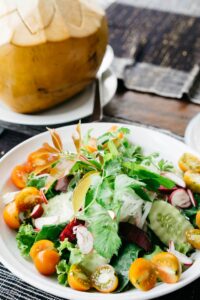Sustainable agriculture encompasses many methods, including organic, free-range, low-input, holistic and biodynamic. What these methods have in common is how it mimics natural ecological processes. In Singapore, the government and various organisations have recognised the importance of food security as climate change makes an impact on the agricultural industry. Therefore, sustainable urban farming has become a topic of interest.
What is Sustainable Agriculture?
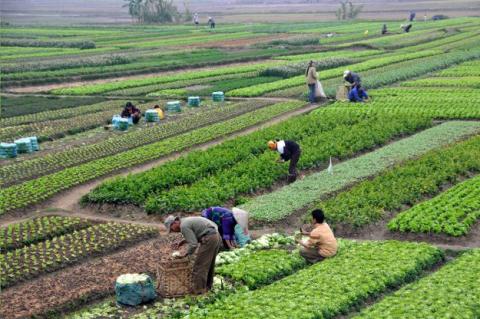
The goals of sustainable agriculture are to integrate social, environmental and economic interests. We want to provide enough food for everyone, bring communities out of poverty and provide an enhanced quality of life for farming families. We also want to utilise farming methods that promote soil health and reduce reliance on fossil fuels for environmental sustainability.
Why is Sustainable Agriculture Important?
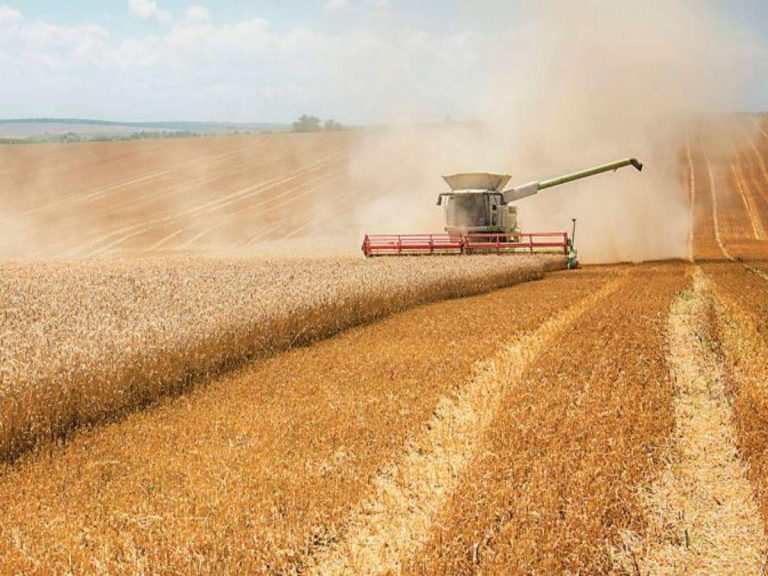
The demand for food is growing globally as the population is expected to reach 9.7 billion by 2050. In order to feed a large population, the industry needs to increase yields without compromising the ability of future generations to provide for their food requirements. Here are the problems with industrial farming methods:
- Environmental harms: Agriculture often places significant pressures on natural resources and the surrounding environment. This is because farmers use fertilisers and pesticides which are necessary for them to increase yields within their amount of space. However, this leads to a long-term reduction in the fertility of the land, soil erosion and damage to water sources. Moreover, it produces greenhouse gases and costs the environment the equivalent of US$3 trillion per year.
- Shady labour practices: Modern industrial agriculture employs heavy machinery and technologies of field treatment. This requires less human labour compared to eco-friendly practices with a lot of manual work. It results in low employment and engagement of human resources. It may even turn business away from local farmers, who are unable to compete.
- Malnourishment: Industrial agriculture has not solved world hunger even though proponents argue that it provides a cheap, safe food supply for the growing population. One in nine people do not have enough food even though the world population is increasing. This means a potentially larger portion of the population being at risk of food insecurity by 2050.
- Side effects of consuming industrially-farmed produce on our health: Humans may be exposed to the large volumes of chemical fertilisers and pesticides used to grow food. This results in adverse health effects. For example, some pesticides have been proven to act as endocrine disruptors, which may affect reproductive functions, increase the incidence of breast cancer, cause abnormal growth patterns and developmental delays in children, and alter immune function.
Such harsh farming methods have adverse effects on our planet and ourselves, and should be eliminated in favour of sustainable methods. SaladStop! has been championing the use of sustainably-farmed ingredients in our menu by partnering with local farms to supply ingredients such as eggs and kale.
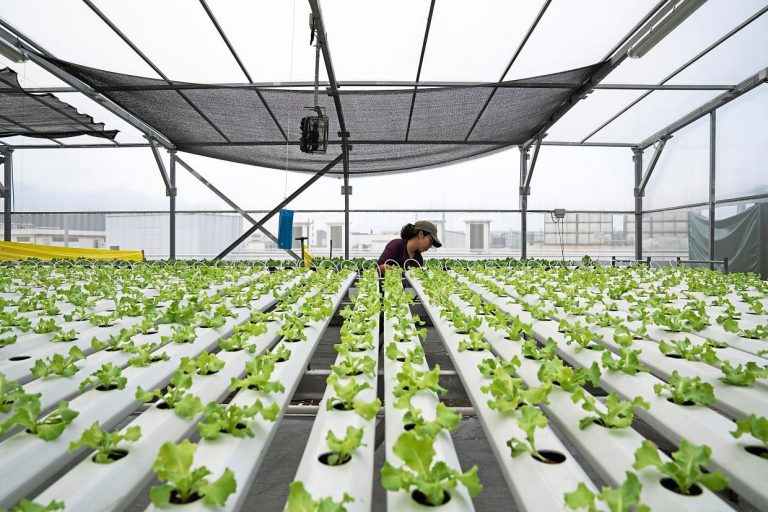
In Singapore, guidelines were developed by the Singapore Standards Council and the Singapore Food Agency to ensure produce from urban farms are grown sustainably and free of pesticides. Agritech companies are also using sustainable hybrid lighting technology to improve crop yield and reduce energy consumption in greenhouses and vertical indoor farms. Lastly, the government has been giving out grants for agritech businesses to fulfill it’s “30 by 30” goal (produce 30% of food locally by 2030). These businesses have been expanding into spaces such as car park rooftops, reused outdoor spaces and even the side of buildings.
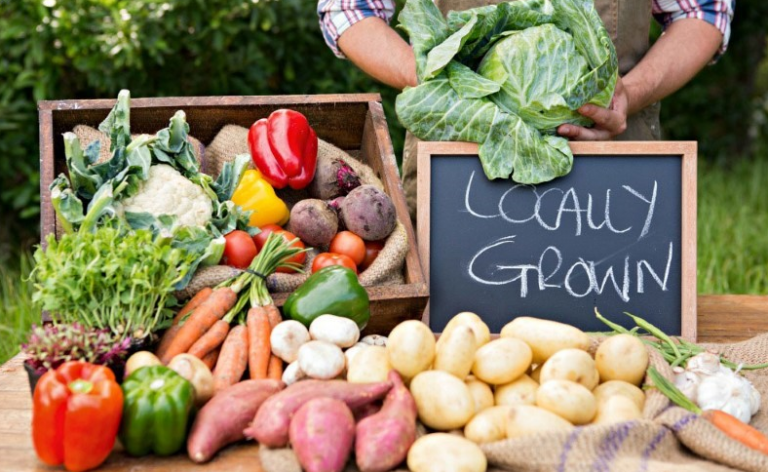
As for individual consumers, here are some ways to support sustainable farming:
- Eat more organic fruits and vegetables from reliable sources: This is better for the environment and reduces the amount of pesticides you may potentially be exposed to from eating. Sustainably produced food is often more costly because it is more labour-intensive and goods are cultivated in smaller volumes.
- Eat more locally grown produce: This is because less greenhouse gases are emitted during the transportation process of direct-to-consumer goods. Locally-produced food has also been allowed to ripen fully because they are not grown with a longer shelf life in mind like supermarket food. Lastly, by shopping locally, you help the local economy instead of putting money in the pockets of global agricultural corporations.
- Eat more plant-based foods as a source of protein: For example, pulses, peas, beans and chickpeas are sources of protein. This is because producing red and white meat in industrial farm uses up a lot of feed and water resources.
- Buy only what you need to make meals at home and don’t waste food: Eliminating food waste could reduce global carbon emissions by 8-10%.




